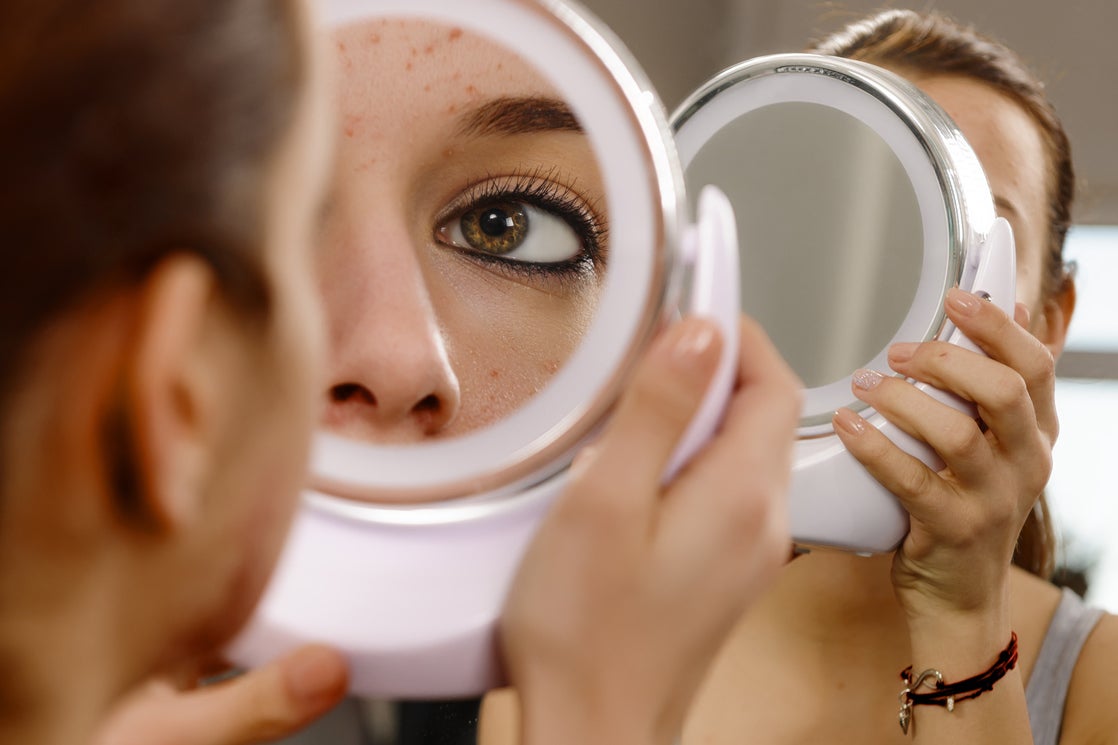New vaccine could prevent acne, study reveals
'The potential impact of our findings is huge for the hundreds of millions of individuals suffering from acne'

Your support helps us to tell the story
From reproductive rights to climate change to Big Tech, The Independent is on the ground when the story is developing. Whether it's investigating the financials of Elon Musk's pro-Trump PAC or producing our latest documentary, 'The A Word', which shines a light on the American women fighting for reproductive rights, we know how important it is to parse out the facts from the messaging.
At such a critical moment in US history, we need reporters on the ground. Your donation allows us to keep sending journalists to speak to both sides of the story.
The Independent is trusted by Americans across the entire political spectrum. And unlike many other quality news outlets, we choose not to lock Americans out of our reporting and analysis with paywalls. We believe quality journalism should be available to everyone, paid for by those who can afford it.
Your support makes all the difference.Whether you’re a teenager or adult, suffering from severe acne can be debilitating.
Studies have proven that acne can lower self-esteem levels of those afflicted by the skin condition, thus impairing quality of life.
But new research could provide hope to acne-sufferers: a vaccine may be on the horizon.
Researchers from the University of California, San Diego, have made a breakthrough, discovering that it’s possible to fight the toxin which is secreted by the bacteria involved in acne with a specific antibody.
They found that doing so helps reduce acne-related inflammation too.
It’s hoped the vaccine would be a way to block the bacteria which cause acne by fighting an inflammation-triggering toxin called Christie-Atkins-Munch-Peterson (CAMP).
In the study - conducted on mice and skin cells collected from humans - researchers tested the effectiveness of an array of antibodies (proteins from the immune system) against CAMP.
And results have proven promising.
“Once validated by a large-scale clinical trial, the potential impact of our findings is huge for the hundreds of millions of individuals suffering from acne vulgaris,” says lead researcher Chun-Ming Huang.
The treatment would be a form of immunotherapy, essentially fighting acne from within the body rather than relying on antibiotics, hormonal treatments or the severe drug roaccutane, which are the most common acne treatments.
“Current treatment options are often not effective or tolerable for many of the 85 per cent of adolescents and more than 40 million adults in the United States who suffer from this condition,” continues Huang.
“New, safe and efficient therapies are sorely needed.”
The next step is for researchers to conduct a large-scale clinical trial on humans and confirm there are no side effects, but the latest findings will undoubtedly offer hope to many.
Join our commenting forum
Join thought-provoking conversations, follow other Independent readers and see their replies
Comments